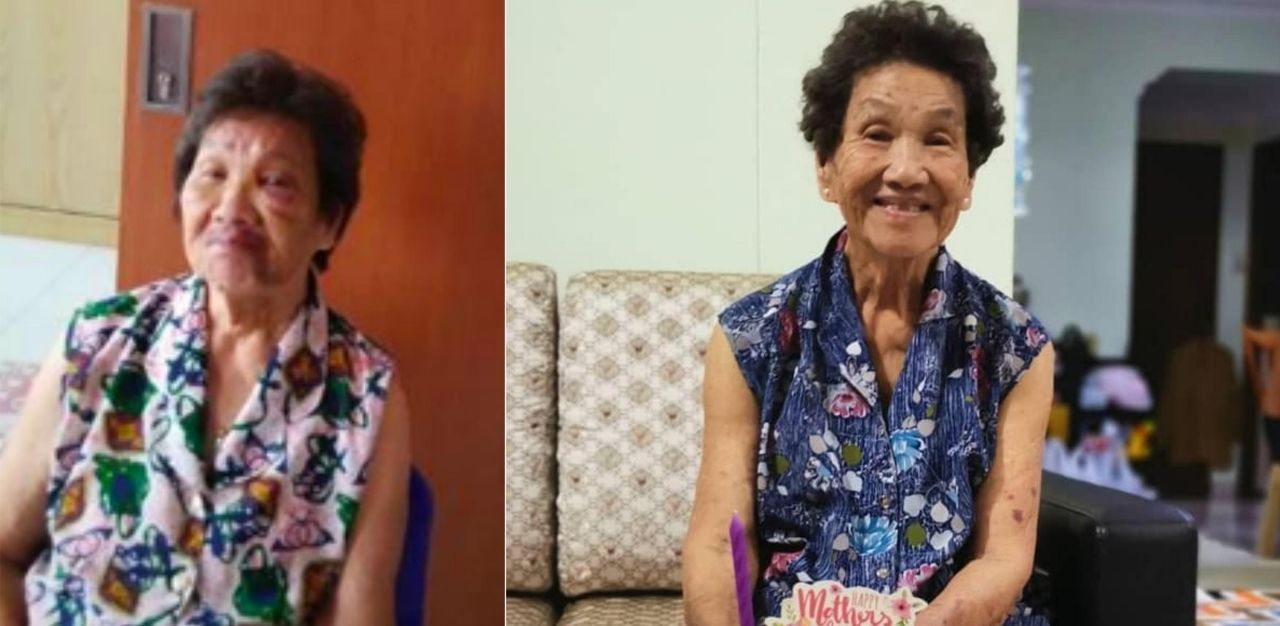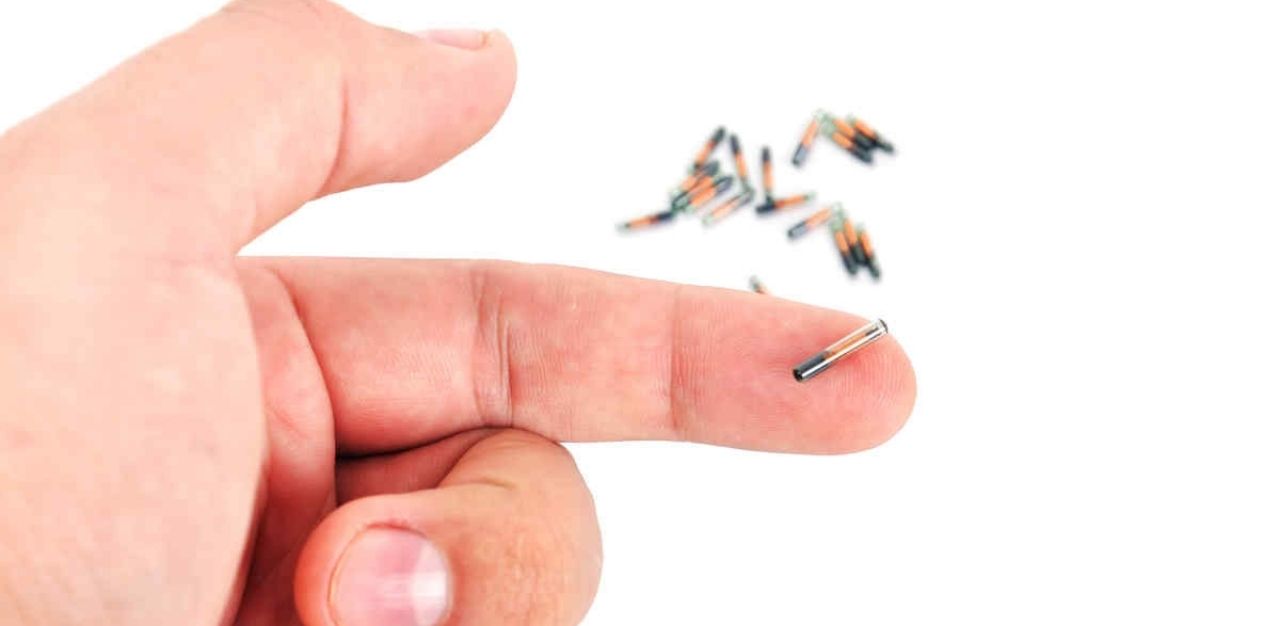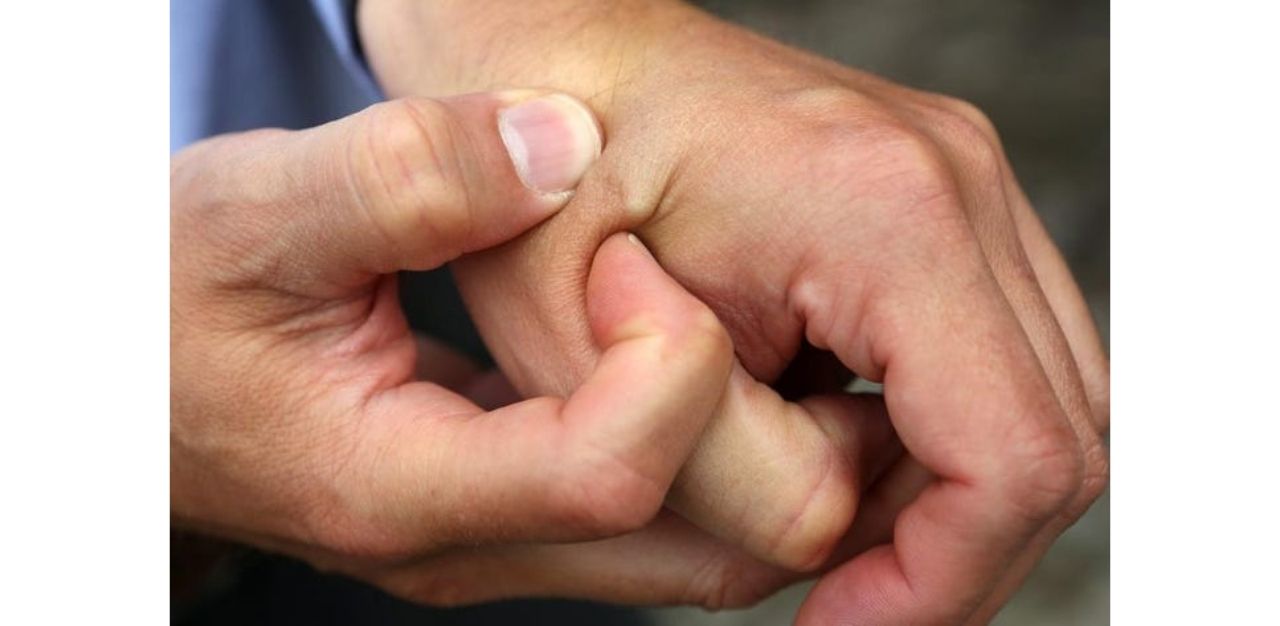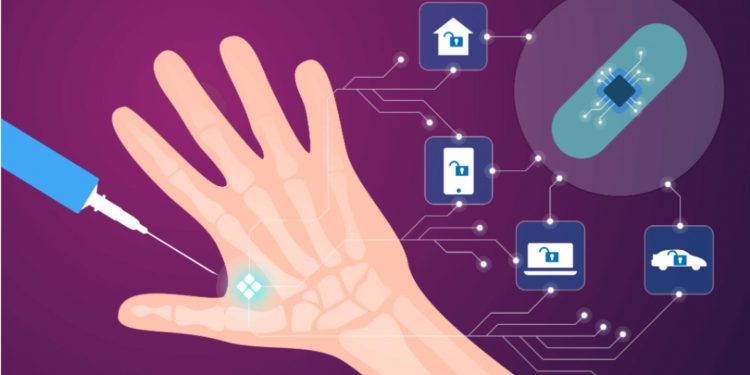Eighty-four-year-old Ho Ng Lui went missing on 13 October 2019 around Hougang. She had no identification papers on her and her worried family made a Police report on the same day.
Seventy-eight-year-old Robert Lim was upset about something at home and left without telling anyone in August 2020. His family was not sure when he left or what he was wearing. A Police report was made on the same day.
Both were missing for days. Both living with dementia. And the two families were worried sick. Fortunately, Madam Ho and Mr Lim were found safe.


The scourge of dementia
Dementia is on the rise in Singapore. Currently, about 86,000 or 1 in 10 seniors aged 60 and above in the island state live with the condition, with the incidence increasing to 1 in 2 for those above 85.
With a rapidly ageing population, it is projected that the number of people living with dementia will increase to 100,000 by the year 2030.
As the numbers grow, there will be “an uptrend of persons with dementia who go missing when they venture out on their own”, says Ms Kong Qian Ru, Manager of Advocacy and Communications for Dementia Singapore, a social service agency specialising in dementia care and striving to improve the well-being of people impacted by dementia. This puts them at risk of accidents, injuries, and other life-threatening situations where they are unable to seek help.
People with dementia often lose their ability to recognise places and faces, and it is common they wander and go missing. For many families with a loved one diagnosed with dementia, the fear of them wandering off during the day or night is a significant concern. We often read stories about the elderly with dementia walking out of their homes never to be found.
For their caregivers, it creates additional stress and anxiety when they go missing or become uncontactable.
Covid-19 has also seen an uptick in the number of dementia cases diagnosed. Dementia Singapore observes that “since the start of the pandemic two years ago, there has been a rise in the number of reports from the public about their elderly loved ones suddenly displaying signs of dementia”.
However, Ms Kong says that dementia is never sudden, and that the signs, symptoms, behaviour and unique characteristics of a person with dementia usually comes on gradually.
She says, “This observation is because of the increase in the number of hours that family members spend with their elderly in close quarters at home, allowing them to notice more proactively the dementia signs and symptoms that were probably already present. They had gone unnoticed pre-Covid, as most family members were engrossed in their regular work or social lives to recognise and identify the signs in their elderly loved ones and seek an official diagnosis.”
This worrying trend has exacerbated the urgency to search for ways to support people with dementia and their caregivers.
Supporting people with dementia and their caregivers

To help locate lost seniors, the Agency for Integrated Care (AIC), an organisation for aged care services in Singapore, has developed a mobile app called Dementia Friends, where family members can upload notices of missing loved ones and the community on the app will be notified and can help to keep a lookout for the missing persons around the respective locations.
According to Dr Tan Weng Wooi, Chief of Community Mental Health Division for AIC, an average of 10 people are reported missing every month through the app. A search on the app’s website also shows that since its launch in October 2018, a total of 356 missing persons have been reunited with their loved ones with the help of almost 12,000 members of the community.
However, such crowdsourcing methods are limited in their effectiveness as missing persons can only be found if they are wandering within the vicinity of the app community. If the lost senior were to wander into isolated areas, it would be near impossible to locate him or her.
Another existing method that addresses this problem is GPS-enabled devices such as phones and RFID tags. But these are not foolproof as well. They can be easily left behind, or removed by the seniors themselves when they find these wearables uncomfortable to put on.
Is implanting microchips for tracking the way forward?

A new way that is being explored to help locate wandering seniors is the use of a GPS-enabled microchip. The size of a grain of rice, it is embedded into the skin between the thumb and index finger using a syringe similar to that used for vaccinations.
It should be noted that microchipping humans is not as radical as it sounds, and definitely not just for the elderly.
In Sweden, one of the most developed countries in the world, as many as thousands of people have been microchipped that it has now become widely accepted. Costing about US$180 (S$240), these microchips are designed to add convenience to their users’ daily routines, allowing them to access their homes, offices, gyms, public transport and make e-payments by simply swiping their hands against digital readers. They can also be used to store personal information such as emergency contact details and social media profiles to aid traceability.
The benefits are plenty, including not having to remember keys, queue up to buy tickets or fumble for cash, credit card or phone to make payments.
Other developed countries such as the United States, Britain and Italy are also exploring the use of microchipping for various purposes.
For people with dementia, microchipping serves two purposes. The first is to help identify the dementia patients when they are found wandering, because for some, the condition may be so severe that they are not able to tell you their names or where they live.
The second and more important function is to be able to locate or track the elderly person with dementia using the embedded GPS function should they go missing.
It is easy to see how microchipping can help people with dementia and their caregivers. Such a non-removable device that can track seniors with dementia when they go missing can help reduce the stress, sweat, and tears of caregivers. It is also reassuring for their children, especially those working or have relocated overseas. They can be easily notified if there are any abnormalities with their parents’ vitals, allowing for timely intervention and preventing unnecessary grief.
In 2007, Florida-based company VeriChip, developed an FDA-approved microchip that can be implanted in an Alzheimer’s patient’s arm, allowing critical medical details to be accessed instantly. Up to 200 patients living near Palm Beach were implanted free.
Currently in Singapore, the technology of microchipping is only limited to pets. These microchips contain a unique 15-digit number which can be traced back to the owner should the lost pet be found and brought to a facility with a microchip scanner, such as the veterinary clinic or SPCA — that is only if the owner registers his name and contact on the chip.
There is currently no legislation nor providers for microchipping humans in Singapore. However, it is a real possibility in the near future, given that dementia rates are on the rise and that other developed nations are already giving it serious consideration.
Hence, it is important to start having conversations about the pros and cons of microchipping people.
Controversial benefits of microchip implants for dementia wanderers

Although microchips bring clear benefits, it is not without its drawbacks. For one, it seems like a scene straight out of the dystopian novel 1984. Exaggerations aside, there are also some legitimate concerns such as the debate between safety and personal privacy. The controversy lies in discussion over government control, privacy and security.
Safety
There is also the risk of hacking, where personal and sensitive information could be stolen by anyone with a microchip scanner. According to a report published in I/S: A Journal of Law and Policy for the Information Society, RFID chips (the technology which microchips are based on) have the potential to leak private information, without a person’s consent, to anyone with an RFID reader.
John Beasley, founder and Chief Technology Officer of LeaderBits says, “Even if there are privacy protections and a clear policy in place, in rare cases, hacking can still happen. There is also no way for employees to know when their microchip has been scanned. You could walk through a scanner and not even know you’re walking through it”.
One needs only to look back at the 2018 SingHealth data breach to realise that even seemingly secure servers can be compromised.
Thus, without proper legislation and adequate protection against misuse, some will not feel safe microchipping themselves or their loved ones.
Right to privacy and dignity
Everyone deserves the same rights to privacy and dignities as human beings—even if they are living with dementia. No one likes to be tracked all day, every day, and there are already ethical concerns about tracking patients round the clock in nursing homes in Singapore.
Ms Kong adds, “In whatever we do, we should consider the dignity of a person with dementia. If one thinks that microchipping a normal person is degrading, then similarly we should not do it to persons with dementia, even if it is purely for safety. It should be a personal choice. For these methods, it is a balance between safety, respect, and freedom, and this requires more thought and conversations with the person living with dementia, family and professionals to be drawn out for considerations.”
Therefore, it is of utmost importance that the individual undergoing microchipping give his or her explicit consent to do so.
This is only possible before the onset of dementia or in the early stages where the individual retains mental competence to make an informed decision. For those who are already in the later stages of dementia where their mental faculties have already been impaired, consent will be a tricky issue and might not even be possible in some cases.
To avoid such a situation, it would be wise for people to plan ahead for their future care—also known as advanced care planning.
One way would be to make a Lasting Power of Attorney (LPA), which empowers another individual to make decisions and act on behalf of the doner in the event that he/she loses mental capacity to do so. This would allow the donee to proceed with microchipping the doner when he/she decides it becomes necessary to do so.
Finally, there is also the concern that microchipping will be used as a tracing tool by the relevant authorities for other purposes. The TraceTogether saga has raised concerns that location data can be used against people despite reassurances by the Government that it would not be the case.
Ultimately, there is a need to strike a fine balance between safety, respect, and freedom when deciding to be microchipped or not, should the option become available one day. This can only be the case when people living with dementia, their families, caregivers, healthcare professionals and the authorities come together to ensure that microchipping is a benefit and not a danger to people.
Join the conversations on TheHomeGround Asia’s Facebook and Instagram, and get the latest updates via Telegram.














